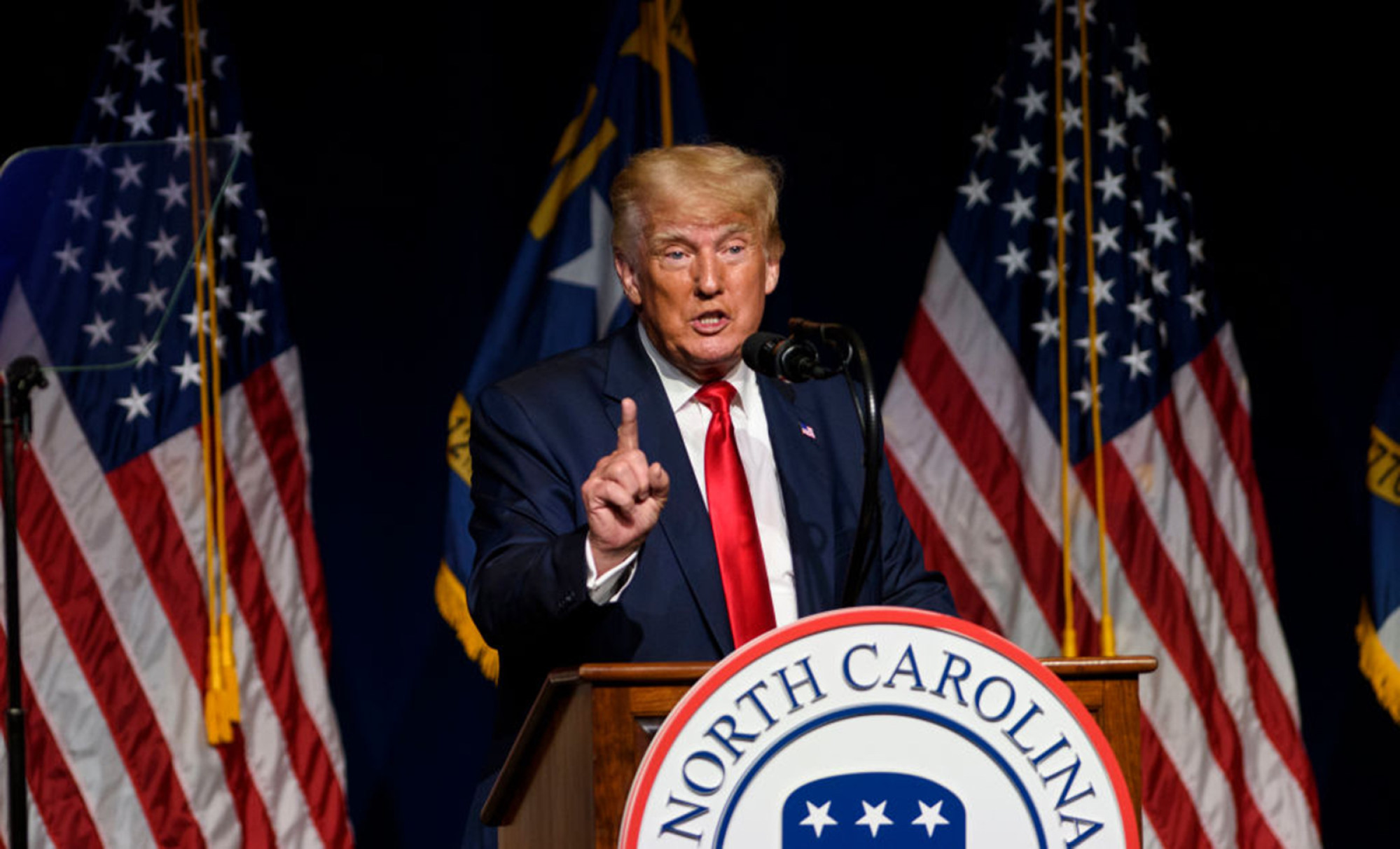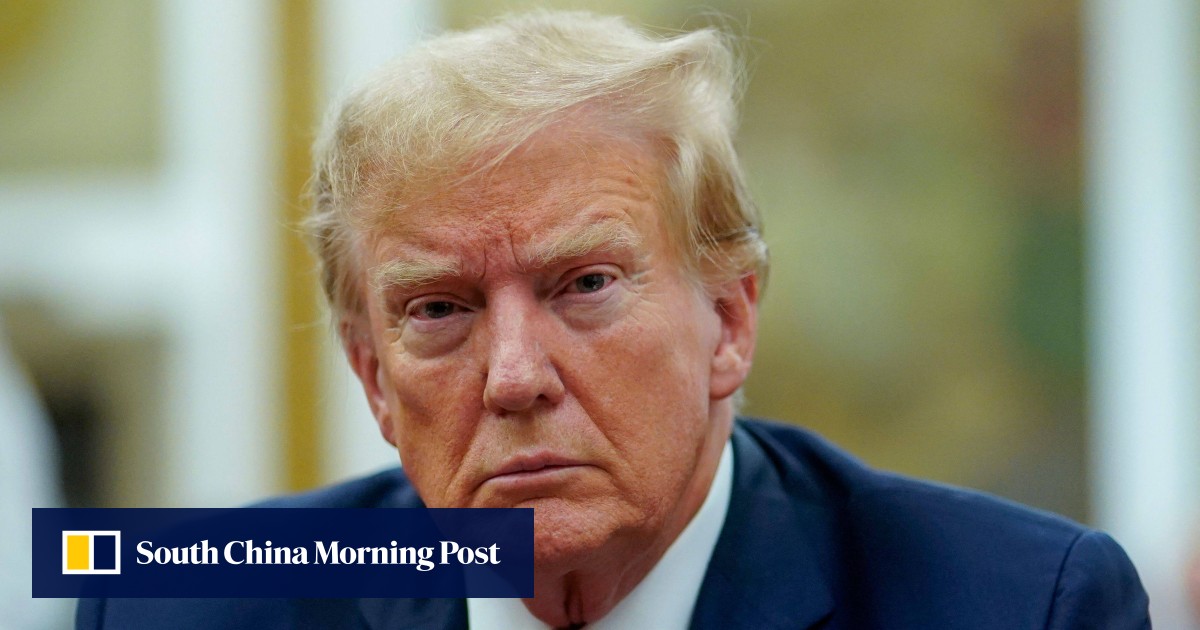Former US president Donald Trump on Tuesday appealed a ruling by Maine’s Democratic secretary of state barring him from the ballot over his role in the January 6, 2021, attack on the US Capitol. He was expected to also ask the US Supreme Court to rule on his eligibility to return to the presidency in a related Colorado case.
The Republican candidate appealed the Maine decision by Shenna Bellows, who became the first secretary of state in history to bar someone from running for the presidency under the rarely used Section 3 of the 14th Amendment. That provision prohibits those who “engaged in insurrection” from holding office.

“The secretary should have recused herself due to her bias against President Trump, as demonstrated by a documented history of prior statements prejudging the issue presented,” Trump’s lawyers wrote. Bellows has said her own views had nothing to do with her ruling.
Trump was also expected to appeal a similar ruling by the Colorado Supreme Court directly to the US Supreme Court. The nation’s highest court has never issued a decision on Section 3, and the Colorado court’s 4-3 ruling that it applied to Trump was the first time in history the provision was used to bar a presidential contender from the ballot.
Trump’s critics have filed dozens of lawsuits seeking to disqualify him from the ballot in multiple states.
None succeeded until a slim majority of Colorado’s seven justices – all of whom were appointed by Democratic governors – ruled against Trump. Critics warned that it was an overreach and that the court could not simply declare that the January 6 attack was an “insurrection” without a more established judicial process.
US urges appeal court to reject Trump immunity claim in 2020 election case
US urges appeal court to reject Trump immunity claim in 2020 election case
A week after Colorado’s ruling, Bellows issued her own. Critics warned it was even more perilous because it could pave the way for partisan election officials to simply disqualify candidates they oppose. Bellows, a former head of Maine’s branch of the American Civil Liberties Union, has previously criticised Trump and his behaviour on Jan. 6.
Bellows has acknowledged the Supreme Court would probably have the final say after the Colorado case but said she still had a responsibility to act. She was the first top election official to do so. Many others, Democrats and Republicans, had told activists urging them to strike Trump from the ballot that they did not have that power.
Section 3 is novel legal territory in the past century, barely used since the years after the Civil War, when it kept defeated Confederates from returning to their former government positions. The two-sentence clause says that anyone who swore an oath to “support” the Constitution and then engaged in insurrection cannot hold office unless a two-thirds vote of Congress allows it.

Congress granted amnesty to most former Confederates in 1872, and Section 3 fell into disuse. Legal scholars believe its only application in the 20th century was being cited by Congress in 1919 to block the seating of a socialist who opposed US involvement in World War I and was elected to the House of Representatives.
But it returned to use after January 6, 2021. In 2022, a judge used it to remove a rural New Mexico county commissioner from office after he was convicted of a misdemeanour for entering the US Capitol on January 6. Liberal groups sued to block Republican congressman Madison Cawthorn and congresswoman Marjorie Taylor Greene from running for re-election because of their roles on that day. Cawthorn’s case became moot when he lost his primary in 2022, and a judge ruled to keep Greene on the ballot.
Maine becomes second state to bar Trump from presidential primary
Maine becomes second state to bar Trump from presidential primary
Those who support using the provision against Trump counter that the January 6 attack was unprecedented in American history and that there will be few cases so ripe for Section 3. If the High Court lets Trump stay on the ballot, they have contended, it will be another example of the former president bending the legal system to excuse his extreme behaviour.

